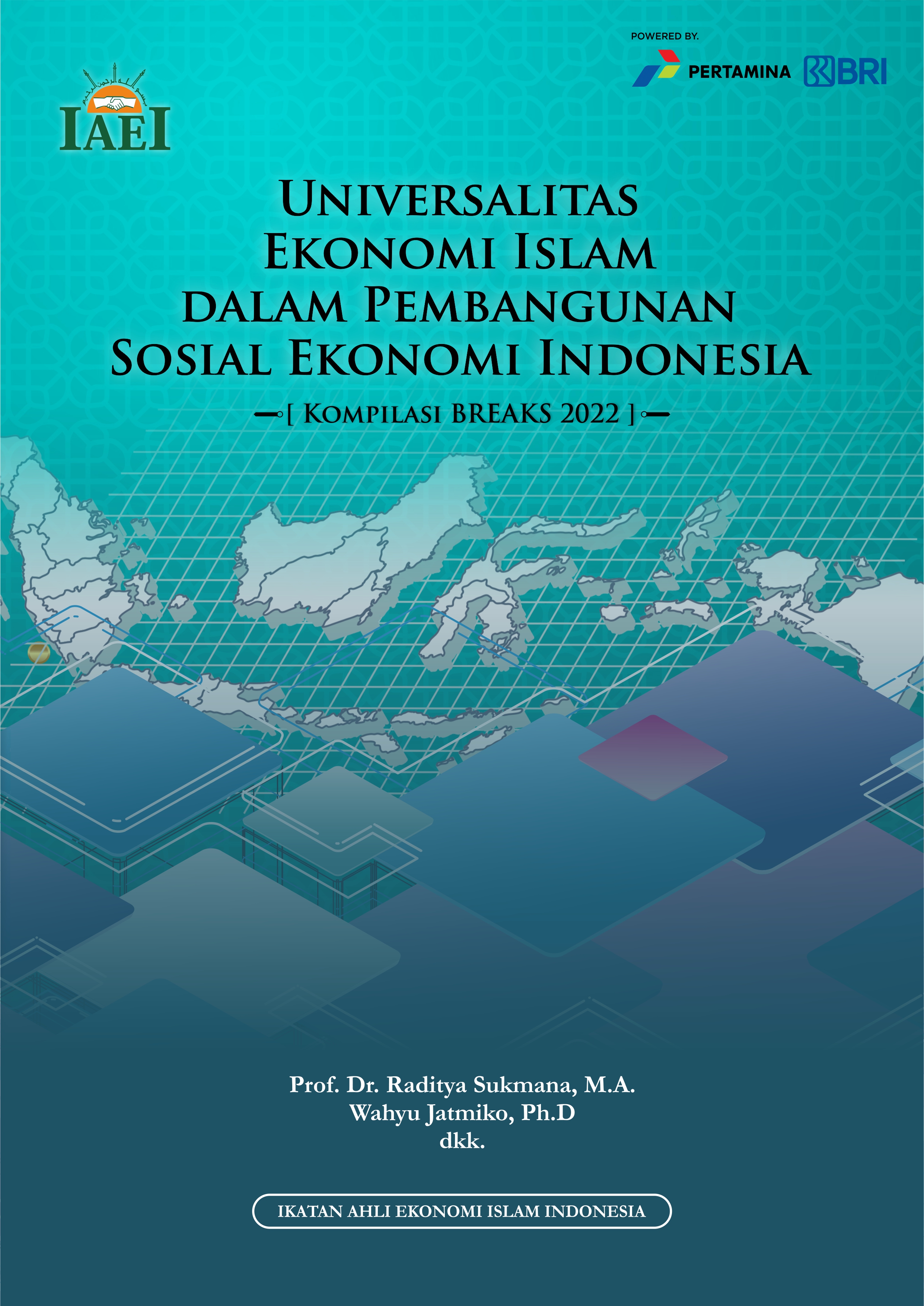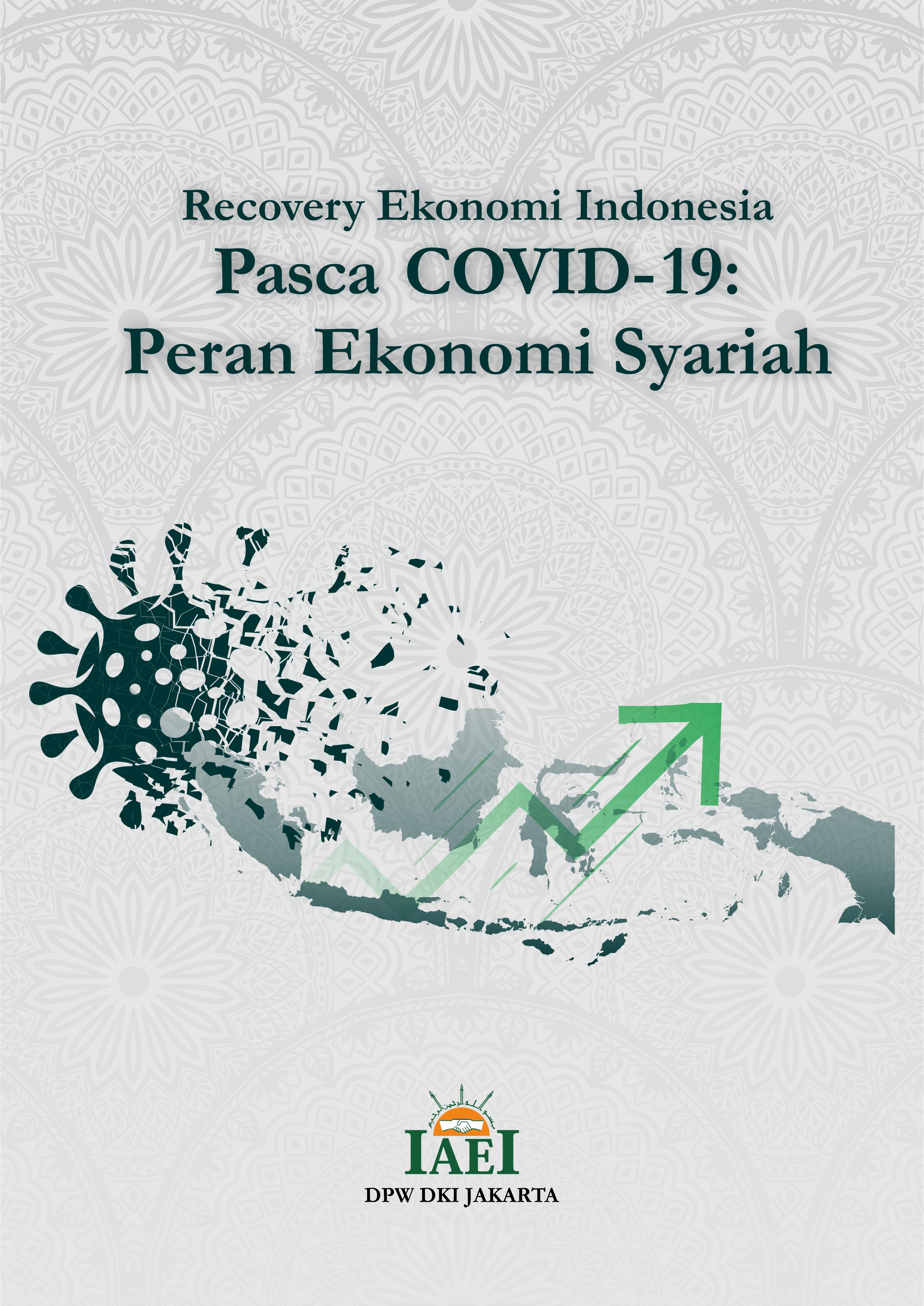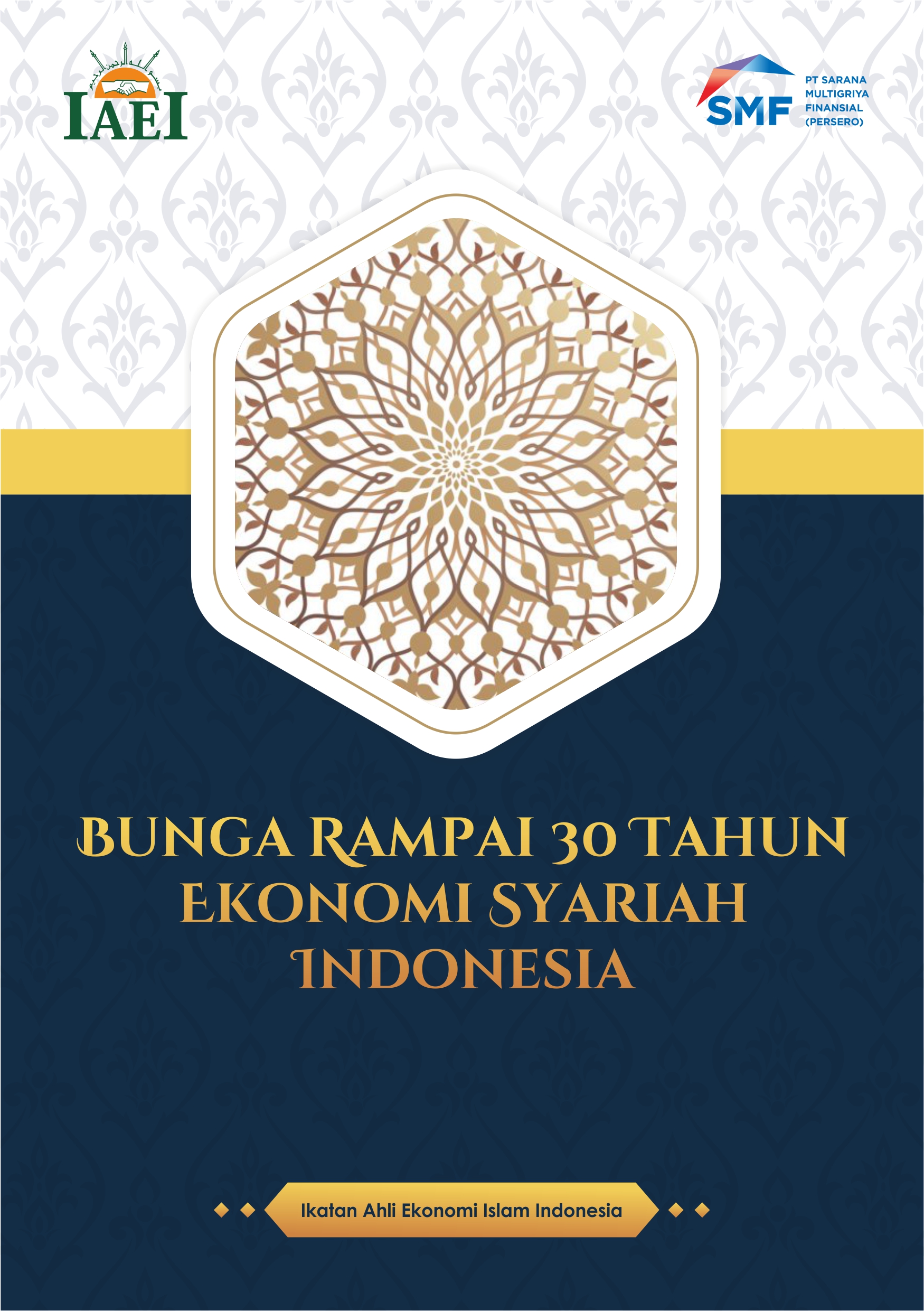Two decades ago the words Sharia bank, Sukuk, Takaful, Riba, Gharar, might have sounded foreign to most people. But today, these terms have become common words that are widely discussed. The Islamic economic industry, which is still relatively new, really needs support from academics and researchers to objectively and constructively provide input for improvement.
In the midst of many scientific papers from the research results of IAEI administrators published by reputable international journals, there are still challenges that need to be resolved. Starting from the focus of research topics, research results that stop at the academic level without follow-up in the form of real policy products create an increasingly large gap between academics and practice.
During 2022, IAEI board articles selected to be published in twelve editions of BREAKS can be categorized into four major sections, namely (i) Efforts to Alleviate Poverty, Inequality, and Increase Indonesia's HR Capacity; (ii) Islamic Commercial Funds; (iii) Islamic Social Fund Innovation; and (iv) Understanding Muslim Investor and Consumer Behavior.
The paper provides empirical evidence of the universality of Islamic economics, especially for Indonesia. That Islamic economics is not only about sharia labeling, but also an economy that promotes justice, sustainability, and mutual cooperation.


